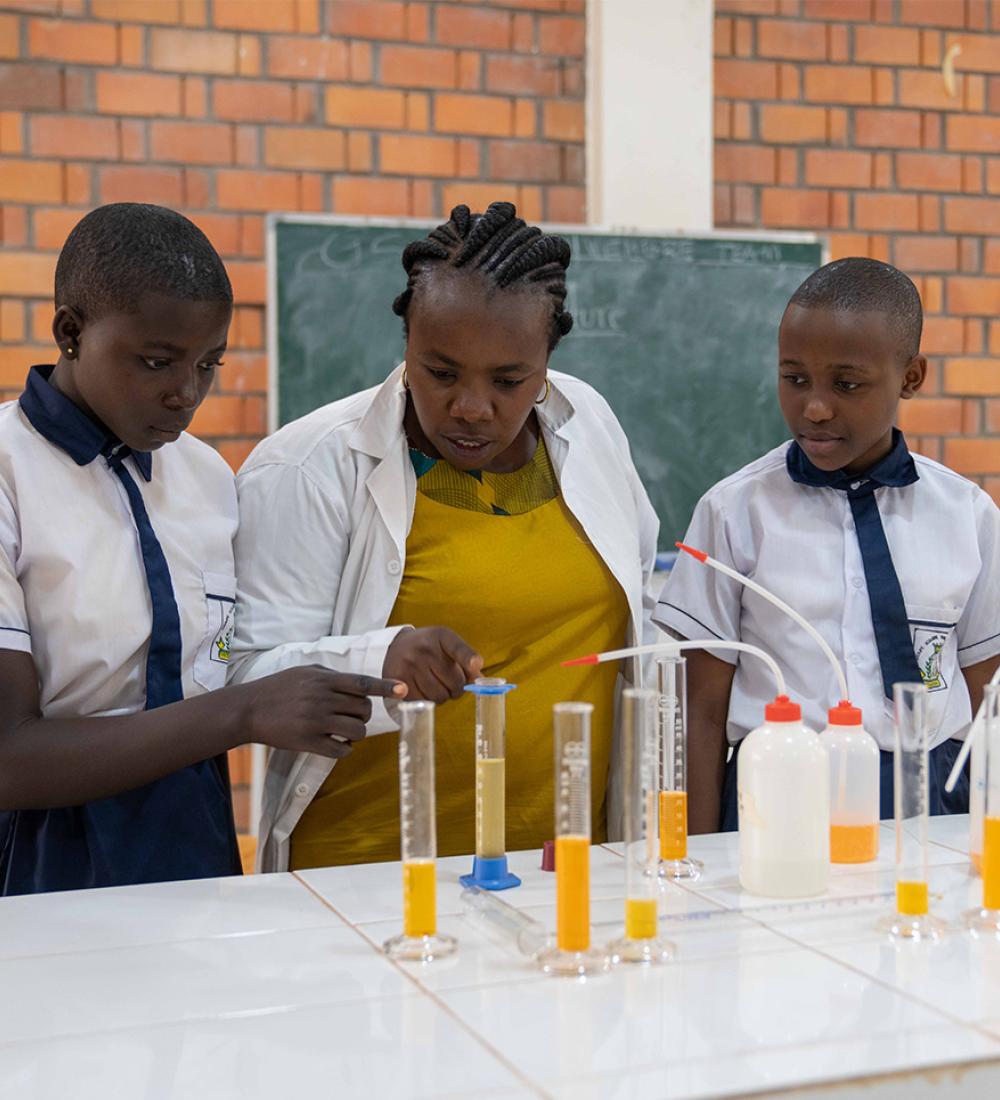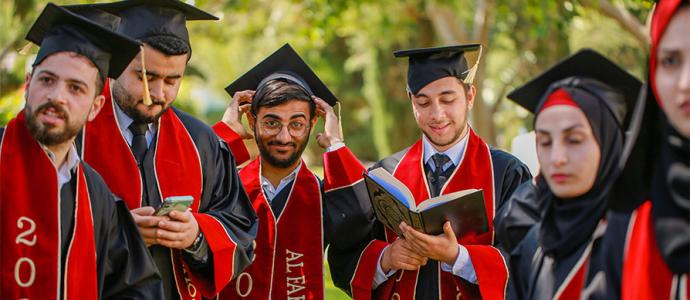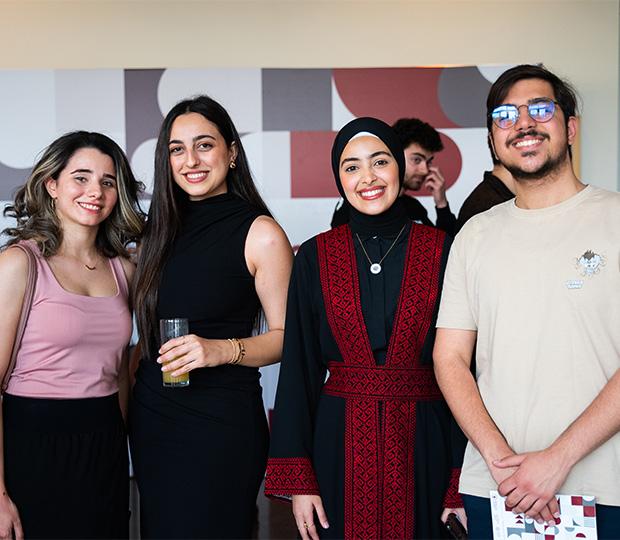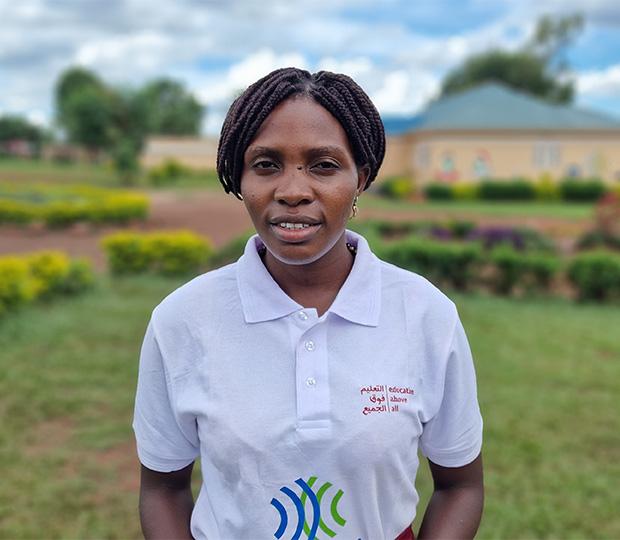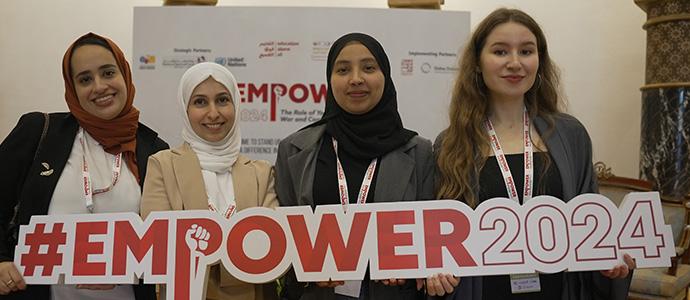Facing Fear ...
After the end of the Israeli military's offensive Operation Protective Edge on the Gaza Strip, many students have been stuggling with personal trauma and are finding it difficult to pick up the pieces. For some students, even resuming their education won't be easy!
Asem Abu Owda, a 20-year-old Fakhoora student, is one of many Palestinians who was displaced during Israel’s military operations, which began on July 8th, and ended on August 26th. Abu Owda says that after Israel launched its ground invasion during the early days of the military operation, a group of Israeli soldiers broke into his family’s house to take cover. “A phalanx of twenty personnel from the Israeli Special Forces broke into the house to take cover; we stood motionless to watch what next orders or actions these guys would make as few men had forcefully taken my dad aside for an apparent investigation.”
Abu Owda adds that he feared for his father, who suffers from diabetes and hypertension. “The thought of his death due to a stroke was strikingly hitting in my head at that time, as his face went significantly pale and we had to bring him water and therefore he had to break his fast. My dad, out of worry for his offspring and wife, was nice to the soldiers in hope they would let go of us, but that didn’t stop them from exaggeratingly misusing the house for their convenience and leaving unnecessary damages as soon as we got back to see it during the latest temporary ceasefire,” he says.
Eventually, Abu Owda and his family decided to leave their home and go to a safer place. Before leaving though, Abu Owda and his older brother, Abdullah, asked the Israeli soldiers if they could coordinate with their operation control center to arrange for an ambulance to get them and their old mother out. Their request was turned down. “Donny, the soldier whom I still remember- as his name has been called out in front of us, “regretfully” declined the request,” he says. The brothers helped their mother leave the house, and eventually made it to their sister’s.
However, a few days later, Abu Owda and his family received a phone call and were told to leave their sister’s house. An ambulance took them to a United Nations Relief and Works Agency for Palestine Refugees in the Near East (UNRWA) school in Jabalia, near Beit Hanoun. Even there, Abu Owda’s situation did not improve. “Seeking shelter in a UN school is as nasty and horrible as living in a tent on an outrageously rainy day, where you’d suffer massively. There is a great scarcity in water resources, and when water supply pipes are available (on an average of 3 hours per day most of the time), everybody would be there fighting for their possible share. It’s not only a humiliating way of life but also an unhealthy one, for so many reasons including the fact that the cleanliness of bathrooms is very poor, as 1500 people utilize those restrooms every day,” he says.
Abu Owda and his family still live in the school, and have not returned to their home, as this is mainly because of the damages it bolstered. “Our house in Beit Hanoun is no longer suitable for humans—inside are possessions messily misplaced and broken, projectiles piercing the walls, no one single window is still intact; our house is literally in “ruins” in a “good shaped” exterior.”
In addition, Abu Owda added that he is psychologically abused as he doesn’t know when he will restore the motivation and energy that he needs to move forward in his education. “Life as a university student is not an easy job in Gaza; it needs a lot of hard work and a great deal of simultaneous commitment and calmness, which I now don’t have. However, I will try to get back on track and my dream to be a successful businessman will always live on,” he says.
Abu Owda added a special appeal to students all around the world. "I appeal to all free students all over the world to stand with us because we all share mutual future plans and ambitions in completeing university and our right to education to get decent degrees and make a living for our families," he says. Abu Owda further has a message to Donny, the Israeli soldier he encountered during the military operations. "Donny, if you can read this, I hope you don't accept the medal of courage they'll probably give you when war is completely over. I hope you take a few minutes to think of what you, with the help of people like you, did to us and other families. I hope your weapons will never meet us again and I hope you know too well we won't forgive you- not that you even would ever care."








